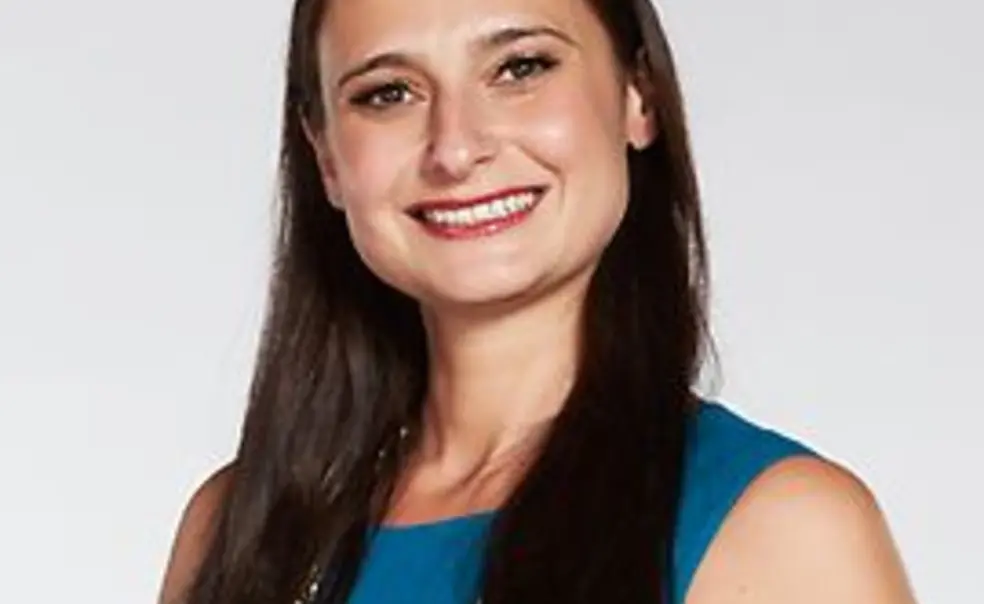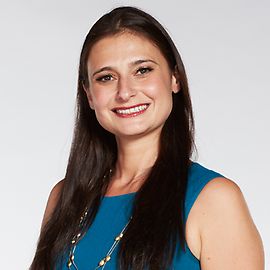Joanna (Kaplan) Dolgoff ’96, a pediatrician and childhood-obesity expert profiled in the March 6 issue, spoke with PAW about how parents can address weight issues with their children.
When should a parent become concerned about a child’s weight?
Under the age of two we don’t really do too much about treating obesity. You want to be teaching your child healthy habits. Anything three and above is when you need to start being concerned and taking action. Unfortunately, studies show that 70 percent of parents of obese children — not just overweight but actually obese — think their kids are at normal weight or even underweight. We don’t see our children the way they are. We see them with love and that’s the way we should see them. No matter what you think about your children’s weight you should talk about it with your pediatrician. You want to ask, “What is my child’s BMI percentile?” Eighty-fifth to 95th is overweight and above 95th is obese.
If your child does have a weight issue, how do you discuss it in a positive way?
You want to wait for an emotionally neutral time and use the words “health” and “we.” As in, “We’re not eating as healthy as we could be. We need to get healthier together. Let’s learn together.” So you’re not accusing the kid and you’re making it about health as opposed to looks. That’s very important.
What about not saying anything to a child with a weight issue?
A lot of people ask me, “Will addressing an overweight child’s weight cause an eating disorder?” The answer is emphatically “no.” Studies suggest it decreases the risk of disordered eating. Overweight kids know they are overweight, even if you’re not talking about it. As a parent, if you don’t mention it, you’re giving your child the message that it’s shameful. They want to lose weight but they don’t know how to do it in a healthy way. So they try to starve themselves and they can’t keep that up. Then they binge, they purge and that’s when the disordered eating cycle comes into play. But if you can give them the tools they need to make healthy choices, you’re decreasing the risk of disordered eating. You want to be supportive and not angry, but you can’t ignore it.
What about when the parents have their own weight issues?
Very often the parents are overweight. Even if they’re not, it’s a family disease and there needs to be a family solution. You need everybody in the family working together. You don’t want to treat one child differently than another because then it’s clear you are concerned about weight and not just health. It’s good for kids to realize their parents aren’t perfect. A lot of [overweight parents] say to me, “I feel hypocritical mentioning it.” That’s why you need to say, “I haven’t always made the best choices, let’s do it together.”
After families have completed your program, what’s the impact on the family in other ways?
It benefits the relationships in so many ways. In my program, we make it clear the parents aren’t the food police. This helps bring parents and kids together. These families have been fighting about food for so long, [it helps] to have an outside person become the arbiter. We see a lot of family unity and healing as they [find] new activities they enjoy and do them together.
— Interview conducted and condensed by Van Wallach ’80













No responses yet